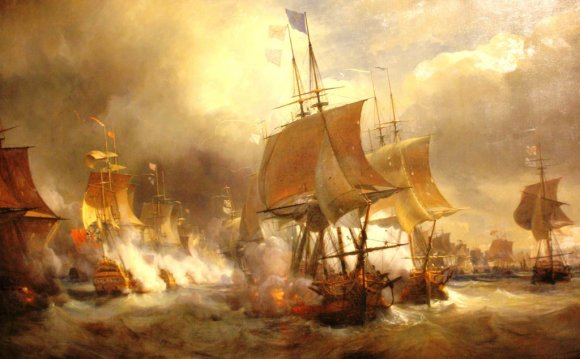
French Alliance, French Assistance, and European Diplomacy during the American Revolution, 1778–1782
During the American Revolution, the American colonies faced the significant challenge of conducting international diplomacy and seeking the international support it needed to fight against the British. The single most important diplomatic success of the colonists during the War for Independence was the critical link they forged with France. Representatives of the French and American governments signed the Treaty of Alliance and the Treaty of Amity and Commerce on February 6, 1778.
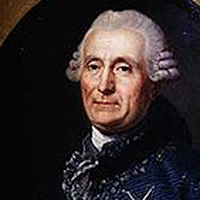
French Foreign Minister Comte de Vergennes
American colonists hoped for possible French aid in their struggle against British forces. The Continental Congress established the Secret Committee of Correspondence to publicize the American cause in Europe. Committee member Benjamin Franklin wrote to contacts in France with encouraging accounts of colonial resistance. The French had suffered a defeat by the British during the Seven Years’ War and had lost North American territory under the 1763 Treaty of Paris. As the French and the British continued to vie for power in the 1770s, French officials saw an opportunity in the rebellion of Britain’s North American colonies to take advantage of British troubles. Through secret agents, the French Government began to provide clandestine assistance to the United States, much of which they channeled through American trader Silas Deane.
As the members of the Continental Congress considered declaring independence, they also discussed the possibility and necessity of foreign alliances, and assigned a committee to draft a Model Treaty to serve as guide for this work. After Congress formally declared independence from Great Britain in 1776, it dispatched a group of several commissioners led by Benjamin Franklin to negotiate an alliance with France. When news of the Declaration of Independence and the subsequent British evacuation of Boston reached France, French Foreign Minister Comte de Vergennes decided in favor of an alliance. However, once news of General George Washington’s defeats in New York reached Europe in August of 1776, Vergennes wavered, questioning the wisdom of committing to a full alliance.
Benjamin Franklin’s popularity in France bolstered French support for the American cause. The French public viewed Franklin as a representative of republican simplicity and honesty, an image Franklin cultivated. A rage for all things Franklin and American swept France, assisting American diplomats and Vergennes in pushing for an alliance. In the meantime, Vergennes agreed to provide the United States with a secret loan.
RELATED VIDEO
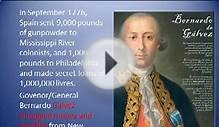



 France (English /ˈfræns/ FRANSS or /ˈfrɑːns/ FRAHNSS; French: [fʁɑ̃s] ( listen)), officially the French Republic (French: République française [ʁepyblik fʁɑ̃sɛz]), is a unitary semi-presidential republic in Western Europe with several overseas territories and...
France (English /ˈfræns/ FRANSS or /ˈfrɑːns/ FRAHNSS; French: [fʁɑ̃s] ( listen)), officially the French Republic (French: République française [ʁepyblik fʁɑ̃sɛz]), is a unitary semi-presidential republic in Western Europe with several overseas territories and...
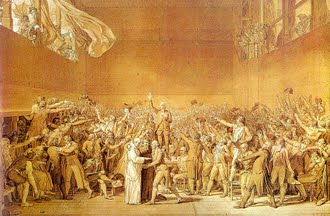 The French Revolution (French: Révolution française; 1789–1799), was a period of radical social and political upheaval in France that had a major impact on France and indeed all of Europe. The absolute monarchy that had ruled France for centuries collapsed in three...
The French Revolution (French: Révolution française; 1789–1799), was a period of radical social and political upheaval in France that had a major impact on France and indeed all of Europe. The absolute monarchy that had ruled France for centuries collapsed in three...
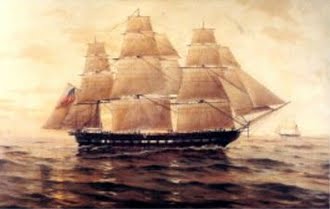 The Quasi-War was an undeclared war fought mostly at sea between the United States and the French Republic from 1798 to 1800. In the United States, the conflict was sometimes also referred to as the Franco-American War, the Pirate Wars, or the Half-War.
The Quasi-War was an undeclared war fought mostly at sea between the United States and the French Republic from 1798 to 1800. In the United States, the conflict was sometimes also referred to as the Franco-American War, the Pirate Wars, or the Half-War.







